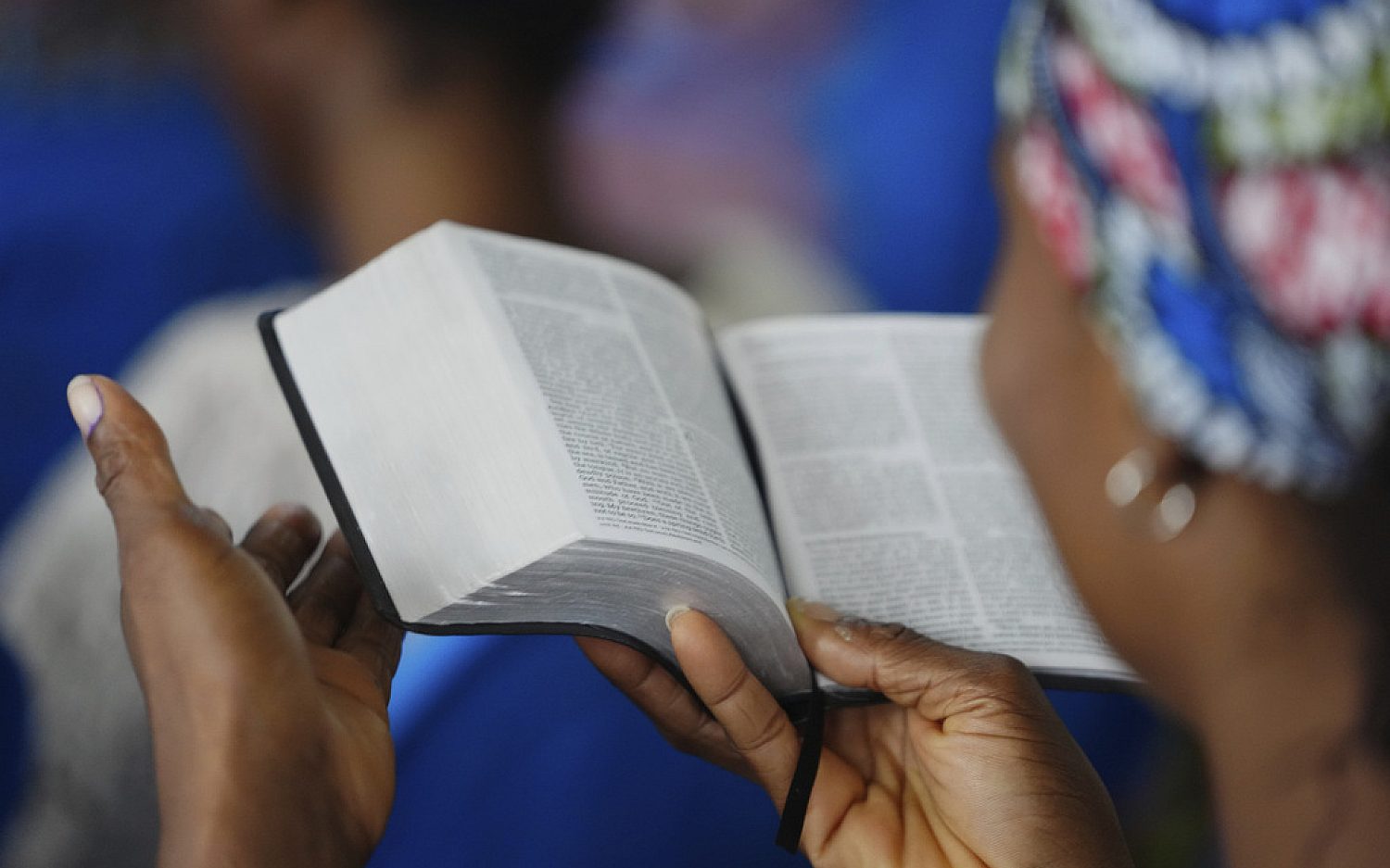Euthanizing sick babies to spare parents' suffering
Doctors in the Netherlands are now able to use a muscle relaxant that kills extremely ill children faster so that parents don’t have to suffer the pains of watching a child die slowly. The Royal Dutch Medical Association (KNMG) told The Dutch Press Wednesday that distress felt by parents of a dying newborn is a justification for euthanasia. Michael Cook reported in English on the development at MercatorNet.com.
The Netherlands legalized euthanasia in 2002, and newborn euthanasia in 2004, with the Groningen Protocol. In the past, the law permitted lethal injection or starvation for newborns with severe handicaps. Now, not only is the child’s disability a viable reason to euthanize, but the parents’ pain in seeing their child suffer counts as well.
In a recent policy document, “Medical decisions about the lives of newborns with severe abnormalities,” the KNMG says the lethal injection of muscle relaxant is permissible when “the period of gasping and dying persists and the inevitable death is prolonged, in spite of good preparation, and it causes severe suffering for the parents.”
Dr. Eduard Verhagen, one of the authors of the KNMG report, explained his concern for the parents: “These children are gray and cold, they get blue lips and suddenly every few minutes they take extremely deep breaths. That is very nasty to see, and it can go on for hours and sometimes days.” In theory, the muscle relaxant will help parents with the grieving process. Verhagen says that even if the doctors prepare the parents for the sight, it is still horrible.
The Dutch newspaper reported that the scarring sight may only be an illusion of suffering—doctors are unsure whether or not “gasping” is an actual indication of pain. Verhagen says that the child may feel pain and discomfort, but suffering is a complex social and psychological phenomenon without scientifically validated criteria, whereas the parents’ suffering can be known. He calls parents seeing their child in distress “an abomination.”
Last month, the Journal of Medical Ethics published Verhagen’s defense of the Groningen Protocol. He said that because of improvements in prenatal screening, severely disabled babies were more regularly detected and able to be aborted: “This resulted in increased terminations of pregnancy and fewer instances of euthanasia.”
The KNMG touted that out of the 175,000 babies born in the Netherlands each year, 650 might have disabilities necessary for euthanasia. They excuse the action by saying the babies will die anyway:
“These babies, despite very intensive treatment, will certainly die in the short term. They have a poor prognosis and a very bleak life perspective. They may not be dependent on intensive care but they face a life of serious and hopeless suffering. Doctors and parents face the exceedingly profound question of whether to start or continue treatment or even whether a good action may actually be a harm, in view of the suffering and disability that may result from the poor health of the child.”
But as Michael Cook wrote on MercatorNet.com, this kind of justification is only the beginning: “The genie is out of the bottle. Today it is severely disabled babies; tomorrow it could be brain-damaged teenagers; the day after it could be the demented elderly. You would have no heart if you didn’t suffer because of these cases; you would have a heart of stone if you killed them to stop your own pain.”
An actual newsletter worth subscribing to instead of just a collection of links. —Adam
Sign up to receive The Sift email newsletter each weekday morning for the latest headlines from WORLD’s breaking news team.




Please wait while we load the latest comments...
Comments
Please register, subscribe, or log in to comment on this article.